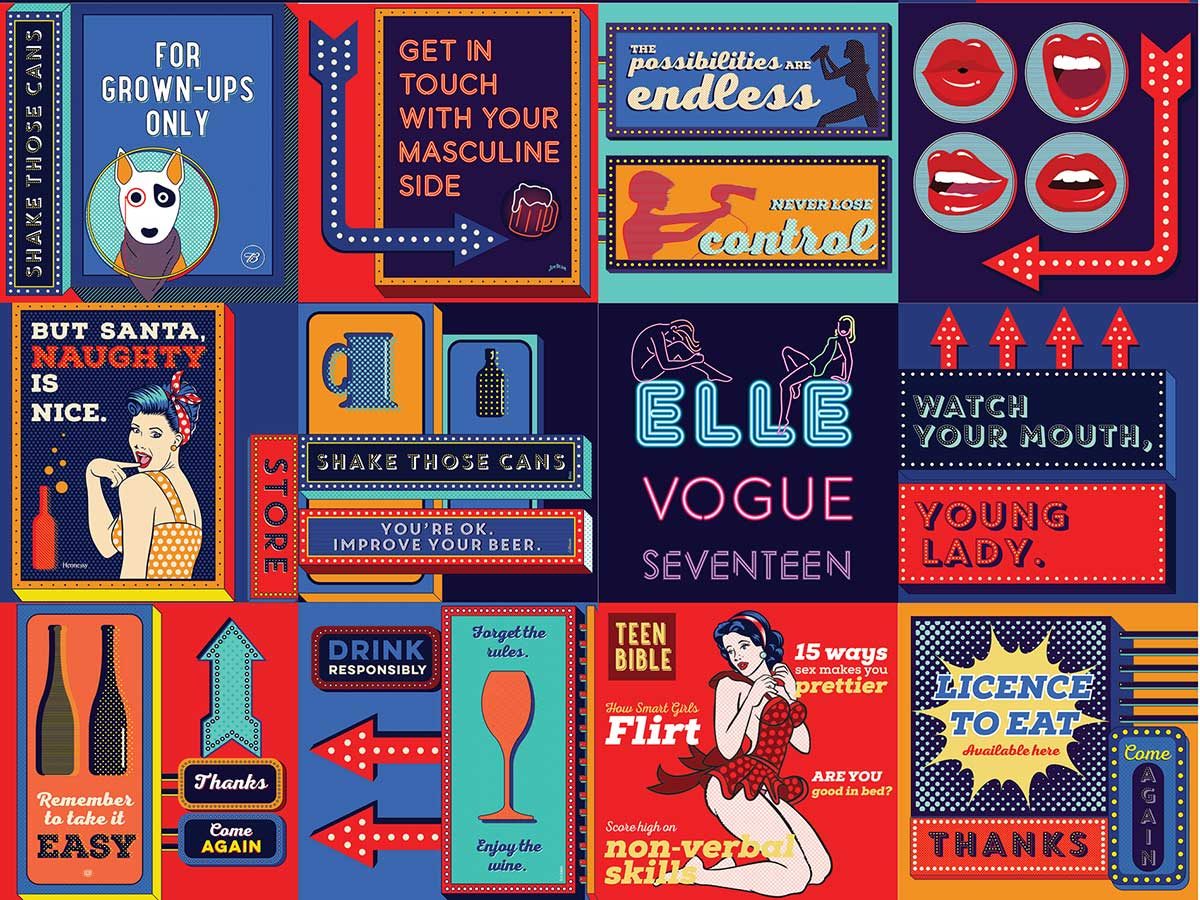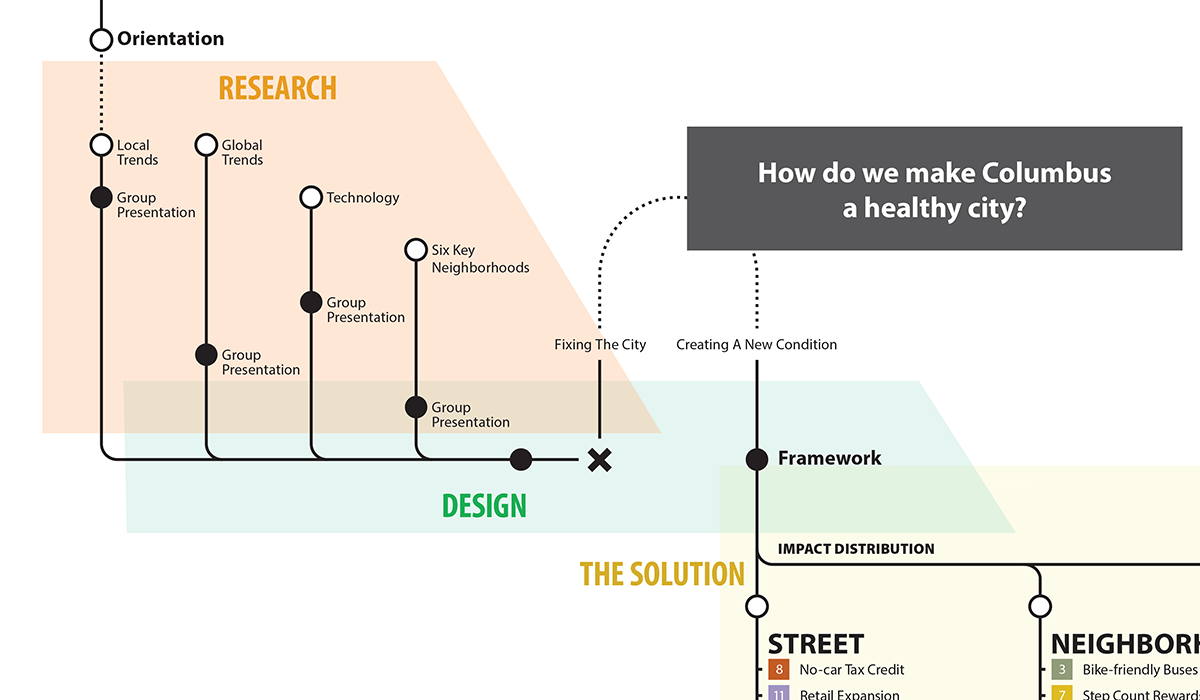Shruthi Manjula Balakrishna
Graduate student
Vermont College of Fine Arts
When stopped to consider the culture of the 21st century: Each morning, we hear a half dozen ads on the radio before our feet touch the floor. Staggering out of bed, we pass brand logos on our clothing and in our bathrooms. By the end of the day, hundreds – perhaps thousands of marketing messages would have targeted us, and yet so little is understood about how marketing affects our lives, our society, our world and most importantly, our personal values.
This research paper takes a hard look at the dangerous side effects of advertising – especially for women. The paper reviews how us women, who are biologically more vulnerable to alcohol than men, and who often suffer from depression and eating disorders, are more likely to seek connection to alcohol, food, and cigarettes, partly as a response to disconnection in our human relationships. The paper proposes that this disconnection is a sense of emptiness, and people who feel empty make great consumers. The text ponders on how this emptiness makes us turn to products, especially potentially addictive products, to fill us up, to make us feel whole.
Additionally, the paper deliberates the importance of responsible and empathetic design to make real, world changing, culture defining, values shaping difference. It discusses how every one of us designers in the advertising industry have an important role to play, and since the advertising industry played a part in building and setting in motion the wagon of consumerism and capitalism that is now diving us to the edge of the cliff, we should help solve these worldwide problems in a responsible and engaging way.
To demonstrate the observations, research, and opinions discussed in the paper, posters were designed in pop-art style because pop-art is not only drawn form mass media and popular culture, but is also “coolly” ambivalent. Whether that suggests an acceptance of the popular world or a shocked withdrawal is viewer interpretation – all with a sprinkle of parody.
The purpose of this study is to inform advertisers, designers and consumers that our individual values, collective values and ethical standards define us both as individuals and as people.
This research was presented at the Design Incubation Colloquium 5.3: Merrimack College on March 30, 2019.

